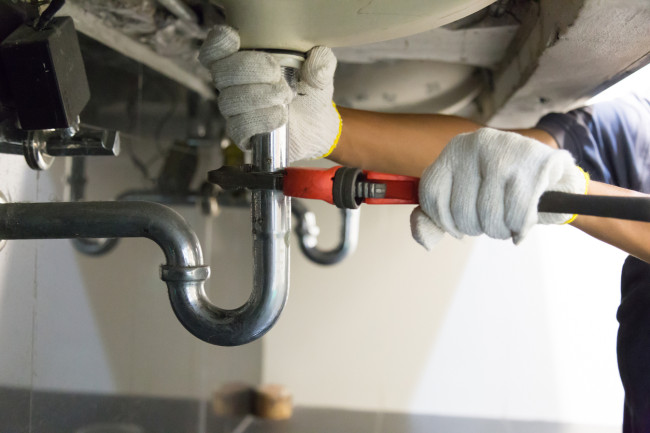What is normal wear and tear on a NYC rental?

The pandemic has increased the demands on our NYC living spaces.
IStock
You’ve probably found your New York City apartment doing double or triple duty as home, office, and school this year. Spending more time at home means there's more opportunity for accidents to happen there and you may be wondering what constitutes "wear and tear," the term used in most leases to describe a reasonable amount of deterioration to your apartment.
The primary reason you pay your landlord a security deposit is to protect the landlord if there’s damage to the property when you move out. What complicates matters is that wear and tear is not defined in any of the statutes, says Justin C. Brasch, founding partner of the Law Offices of Justin C. Brasch, "so it’s up to judicial interpretation."
In his experience, courts generally see wear and tear as "deterioration that occurs naturally as a result of a tenant using the property as it is designed to be used, without fault, without negligence and without carelessness." However, even this isn't always clear cut and Brasch says that's why some cases end up in court.
Deterioration or damage
Wear and tear of any kind or to any degree is different from damage, says Arik Lifshitz, CEO of DSA Property Group, a company that owns and operates residential buildings in NYC.
He points out landlords handle this issue differently but for his purposes, "scuffed up walls and floors are not damage, a huge hole in the wall or floor is damage." For residents in his properties, Lifshitz says a nail or screw-sized hole from a picture frame or shelving system would fall within wear and tear on the apartment. But Brasch says "careless drilling of the wall or drilling to hold heavy hangings—that can be viewed as much more than normal wear and tear and charged to the tenant because it requires work by the landlord."
Transparency at lease signing
The best advice is to discuss the distinction between wear and tear and damage when you sign your lease. Litshitz does this with his tenants and says being up front about it and answering any specific questions can help prevent the issue from becoming a problem down the road. So, if you have shelving or a bike hanging unit you want to install with anchors, ask first to avoid a penalty later.
"Since we don’t charge for extra wear and tear, I guess our tenants who are guilty of that don’t have to pay for it. It would be very hard to quantify," he says. Litshitz says increased wear and tear resulting from people working and studying at home is "definitely low down" on his list of pandemic-related concerns. He doesn't see it making a meaningful difference.
"I’d rather a tenant who treats the unit well, but occupies the unit 24 hours a day, versus a tenant who doesn’t treat the unit well and only occupied the unit eight hours a day."
Most renters in NYC can expect a clean and freshly painted apartment when they move in. You can certainly expect this in market-rate apartments in buildings that are operated by management companies. If you are renting a condo or co-op from an individual owner, you might not always get the fresh coat of paint.
If you move in and see, for example, anchors in the walls or anything that might constitute damage, Brasch says it's worth taking some pictures to document the condition. "You are not responsible for any damage from a previous tenant," he says.
Rules around the security deposit
When you move out of your apartment, the landlord has 14 days to return the deposit, or what’s left of the deposit after any deduction is made for repairs. Rules about the security deposit were tightened in 2019. Your landlord cannot ask for more than one month of security when you sign the lease and if it is not returned in full at the end, you must be provided with an itemized list of what's been deducted.
You also have a right to request an inspection of the apartment before you leave. Afterwards you need to be provided with the itemized statement specifying repairs and cleaning that might be the basis for the deduction in the security deposit. You then have the opportunity to correct the problem before you leave.
If the landlord doesn't handle the security deposit correctly, they lose the right to make any deductions from the deposit at all and can be made to return the deposit with double damages, that means you get your security back, and then are entitled to twice that amount in addition.
Take it to small claims
In most cases where there's a fight over what constitutes wear and tear, Brasch recommends taking the issue to the small claims court. "It's usually not useful to hire a lawyer to fight over this kind of money—you'll spend more on legal fees," he says.
You can take claims up to $10,000 to small claims court—this is a recent increase from a cap of $5,000.
You Might Also Like




























